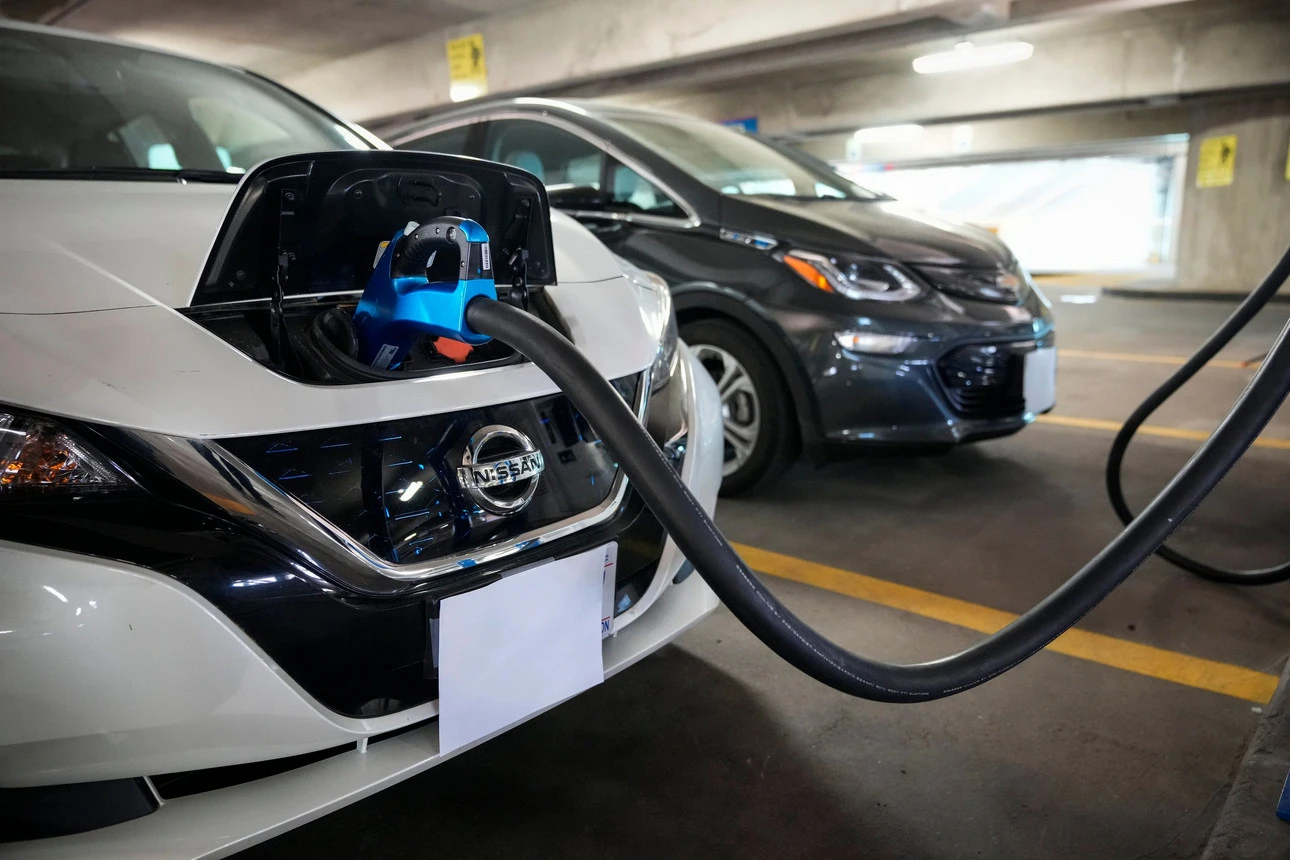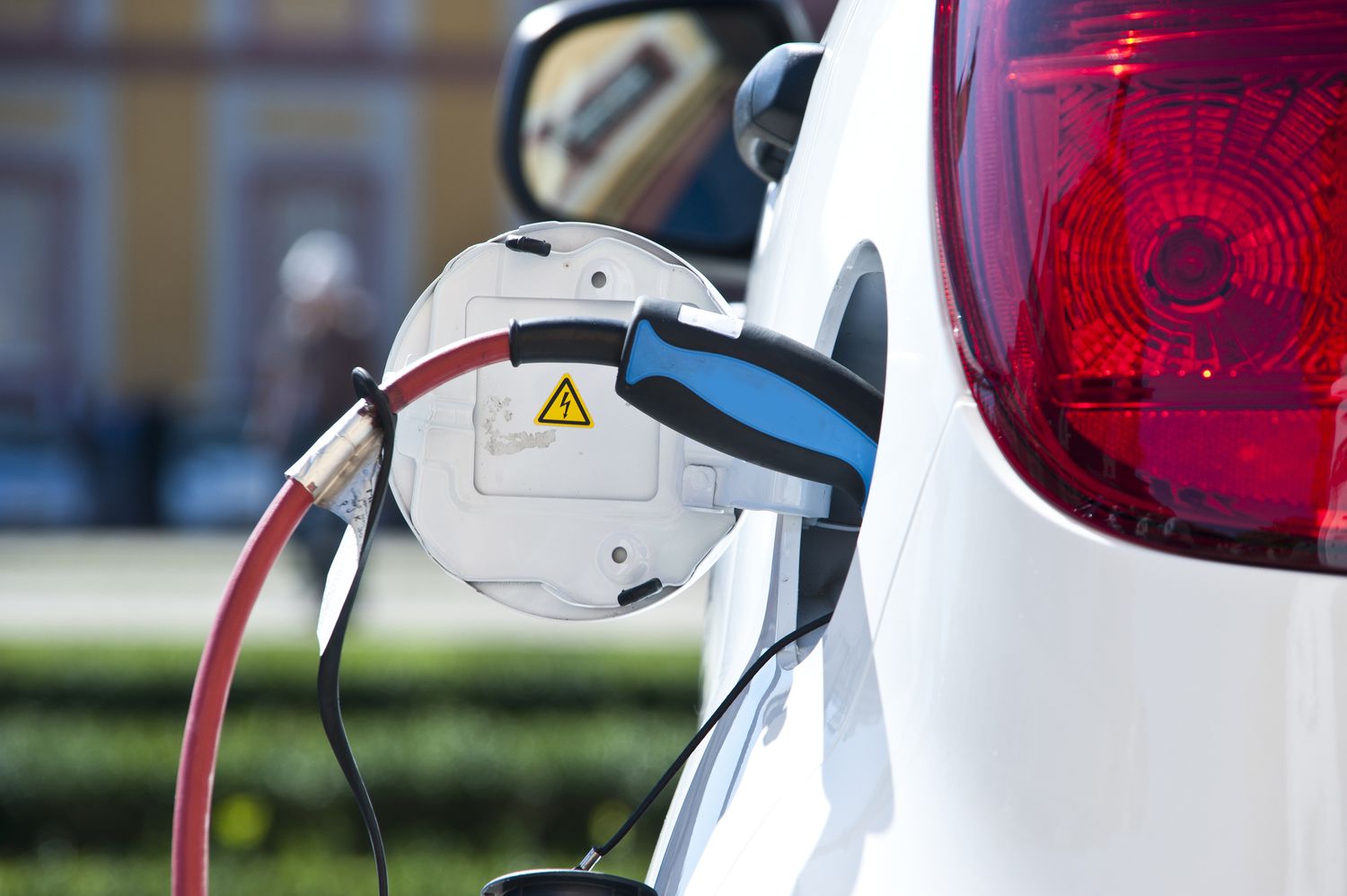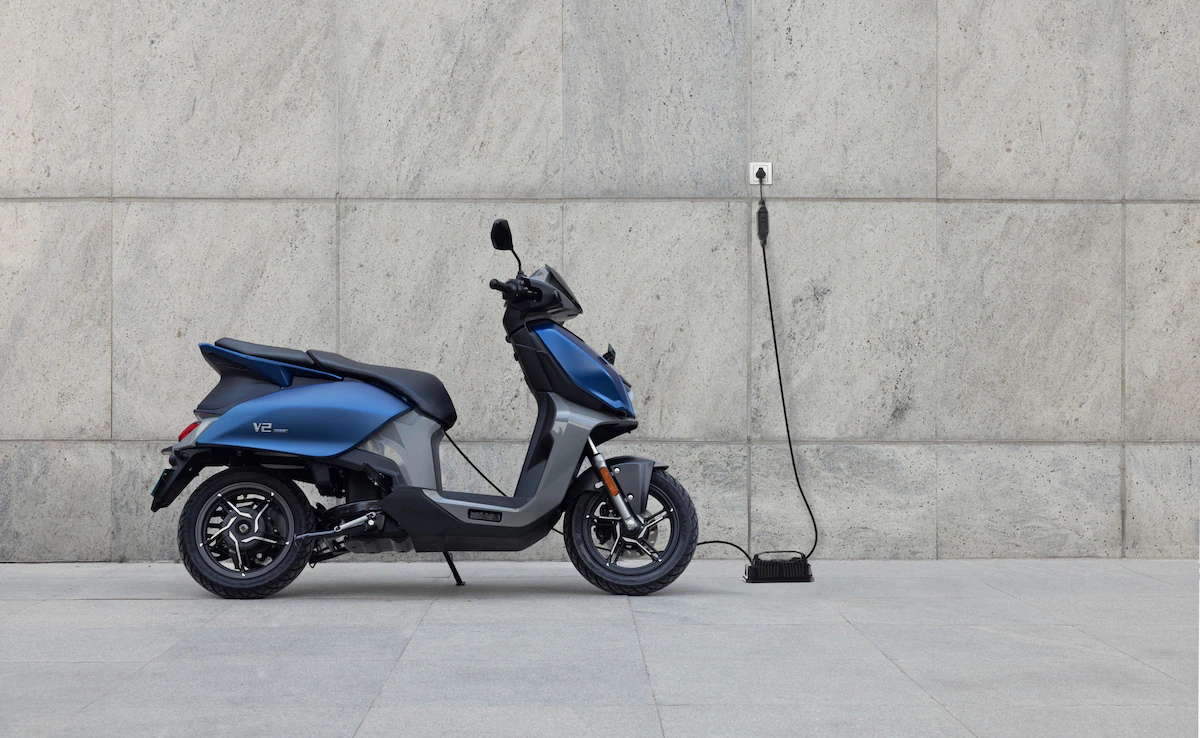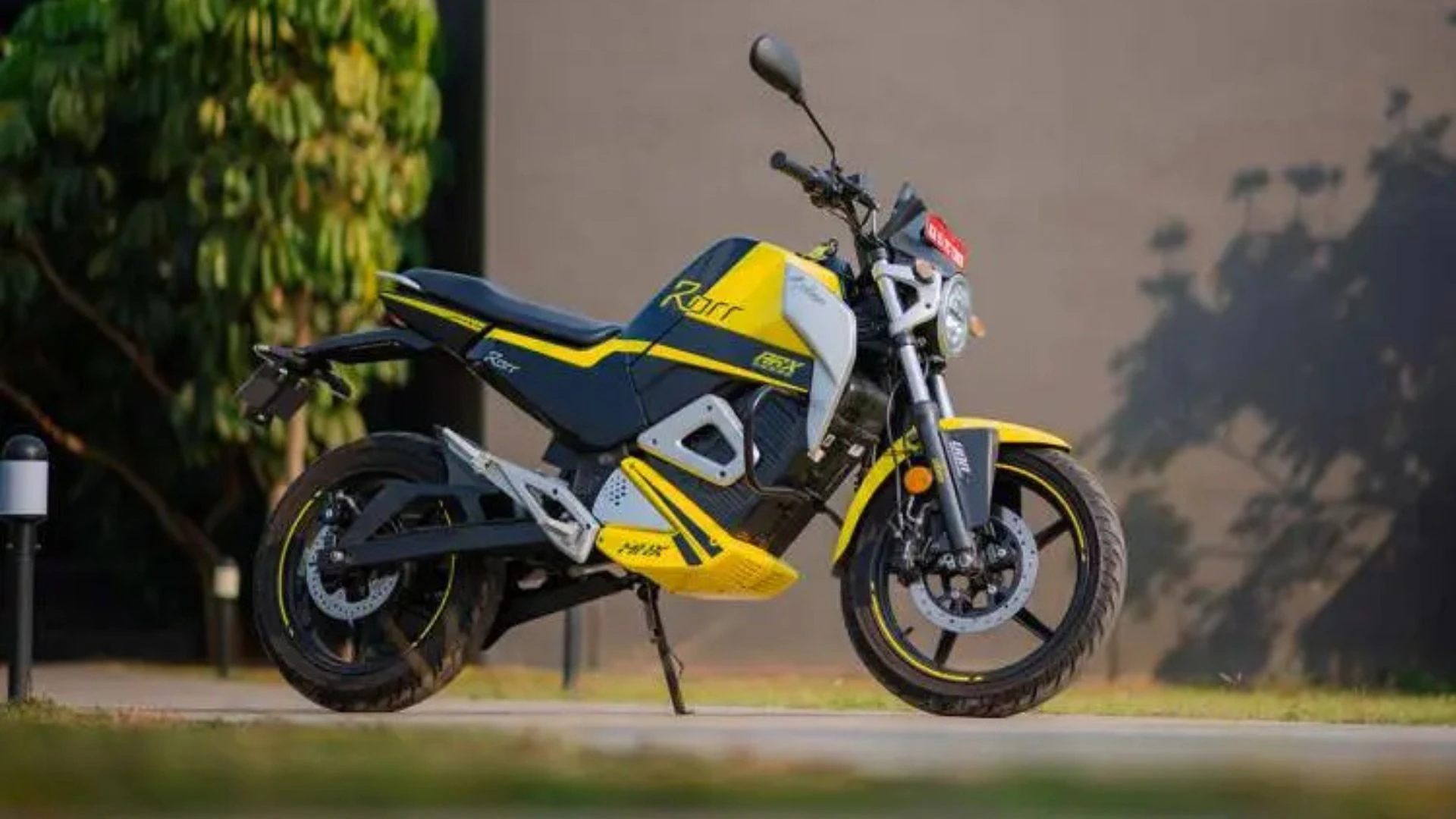
Table of Content
▼Comprehensive policy on electric vehicle (EV) components, inclusion of commercial vehicles as incentives, clarity on goods and services tax (GST) on spare parts, and consistency on the policy front are the expectations of industry players from the upcoming interim Budget for switching from petrol/diesel vehicles to electric vehicles.
“The Union government needs to formulate a comprehensive policy on EV parts, ensure transparency, and create a level playing field within the industry. “Moreover, the inclusion of commercial vehicles in EV incentives is essential to encourage growth at scale and align with our shared vision,” said Aayush Lohia, President, of Lohia Auto Industries Ltd said

He added that while the 5% GST on electric vehicles is progressive, the lack of clarity on spare parts, which are burdened with a 28%/18% GST, poses a major challenge.
Pointing to the momentum gained by the EV industry in the market, HS Bhatia, Managing Director, Kelwon Electronics & Appliances Pvt Ltd, manufacturing and marketing partner of DAEWOO India, opines that there should be consistency in the government's policy towards the EV industry.
“Forecasts indicate a significant increase in the adoption of electric vehicles, with more than 50% of two-wheelers and around 30% of cars expected to become electric by 2030. While this organic growth is promising, what the industry needs is consistency in policies. This would provide manufacturers with the stability needed for long-term investments and give consumers the confidence to adopt electric vehicles. Focus on policy consistency will also help stakeholders plan their business strategies effectively,” Bhatia said.
Regulatory measures such as emissions standards and fuel efficiency standards may prompt automakers to prioritize electric options. By combining financial incentives, infrastructure development, awareness campaigns, and regulatory support, the government can foster an enabling environment for the widespread adoption of electric mobility in India, Lohia said.
As for the key trends expected in 2024, Lohia said an increase in the integration of artificial intelligence (AI) and the Internet of Things (IoT) for personal monitoring of daily commutes is expected with a focus on aggressive expansion of charging infrastructure, the shift towards non-lithium-ion battery technologies, the emergence of smart charging technologies for informed energy consumption and the emergence of electric mobility as a service (eMaaS) for on-demand sustainable transportation.
For his part, Bhatia said that there will be greater availability of electric vehicles from various manufacturers and that advances in battery technology will lead to better energy density, longer range, and faster charging capabilities, and collaboration between automakers and technology companies is likely to accelerate innovation.
However, apart from the availability and affordability of electric vehicle battery charging infrastructure across the country, the availability of a skilled workforce is a major challenge for industry players.
“Industry players expect the Budget to address this by introducing skill development initiatives and training programs to meet the changing requirements of the e-mobility industry,” Bhatia said.
Overall, India is making great progress and with continued support and infrastructure development, the country is poised to adopt electric vehicles on a large scale, Lohia said.
Also Read: Car interior lights: To fuse your journey with fun and excitement
Neha Mehlawat
Neha Mehlawat is an automotive journalist and industry analyst with 10+ years of experience covering cars, bikes, and mobility trends. She tracks the latest launches, technology upgrades, and policy changes in the auto sector, delivering sharp insights that help readers stay ahead in the fast-evolving world of automobiles.


_1742980666.webp)
_1772000056.webp)
_1771924453.webp)
_1771917963.webp)


